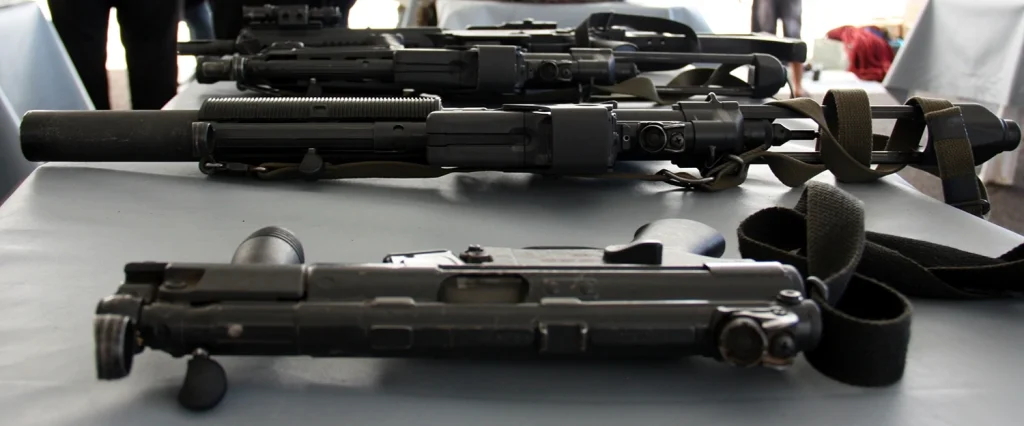Based on licenses issued by the State Secretariat for Economic Affairs (Seco), Swiss companies exported war materiel worth 955 million Swiss francs to 60 countries in 2022 - 29 percent more than in 2021. Despite the new war materiel law, munitions were also exported to Brazil - despite a tense political situation and human rights violations.
The fears of terre des hommes switzerland have been confirmed: Swiss companies continued to export ammunition worth 1.8 million Swiss francs to Brazil as well. In no other country in the world are so many people killed in police operations as in Brazil. Many of the victims are children and young people from poor neighborhoods (Arms Export Study 2021). Although human rights are clearly violated, Swiss arms companies continue to do business in Brazil. The War Material Act, which has been in force since May 2022, has not changed this.
The consequences of ex-president Jair Bolsonaro's weapons policy, which terre des hommes switzerland has been critically analyzing for years, are still visible after Lula da Silva took office. During Bolsonaro's term in office, more than 40 decrees were published that facilitate the purchase of weapons. The number of registered weapons from civilians has more than tripled since 2019, with a current total of 1,300,000. The pro-gun discourse propagated by Bolsonaro has made authoritarian and anti-democratic tendencies acceptable. The hatred stoked over the years escalated on January 8, 2023, with the violent storming of the Brazilian Parliament and Supreme Court. A frontal attack on democracy.
Export licenses questionable
Despite the new government, the socially heated climate will remain, polarization persists, and the legal processing of the violent events of January are a major challenge.
Against this background, the question arises as to how closely the Swiss authorities analyze the human rights situation and the risks of political violence when approving arms exports. The War Material Act prohibits arms deliveries to civil war countries and to countries that seriously or systematically violate human rights. The concrete implementation of the law in licensing practice leaves many questions unanswered.


